Starting a sheep farming operation can be an exciting venture, offering opportunities for profit and a fulfilling lifestyle. However, it can also be challenging, especially for those new to agriculture. This article provides essential tips to help beginners navigate the world of sheep farming successfully, from planning and setup to daily management and care.
1. Understand Your Purpose
Before diving into sheep farming, clarify your primary goals. Are you interested in raising sheep for meat (lamb or mutton), wool, milk, or a combination of these products? Your objectives will guide decisions on breed selection, management practices, and overall farm setup. For example, wool breeds like Merino are ideal for wool production, while meat breeds like Suffolk are best for lamb.
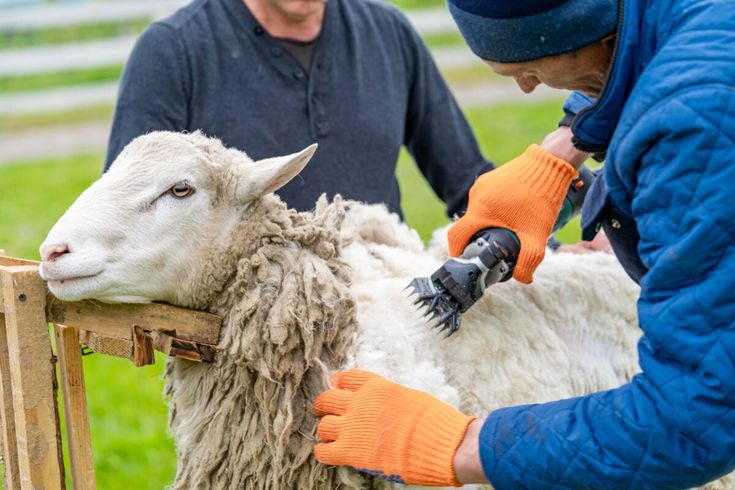
2. Choose the Right Breed
Selecting the appropriate breed is crucial for your farming goals. Research various sheep breeds to find those that suit your environment, resources, and market demand. Consider factors such as:
- Climate adaptability: Some breeds thrive in arid conditions, while others prefer cooler climates.
- Productivity: Determine which breed offers the best potential for meat, wool, or milk based on your objectives.
- Management requirements: Some breeds may require more care and resources than others.
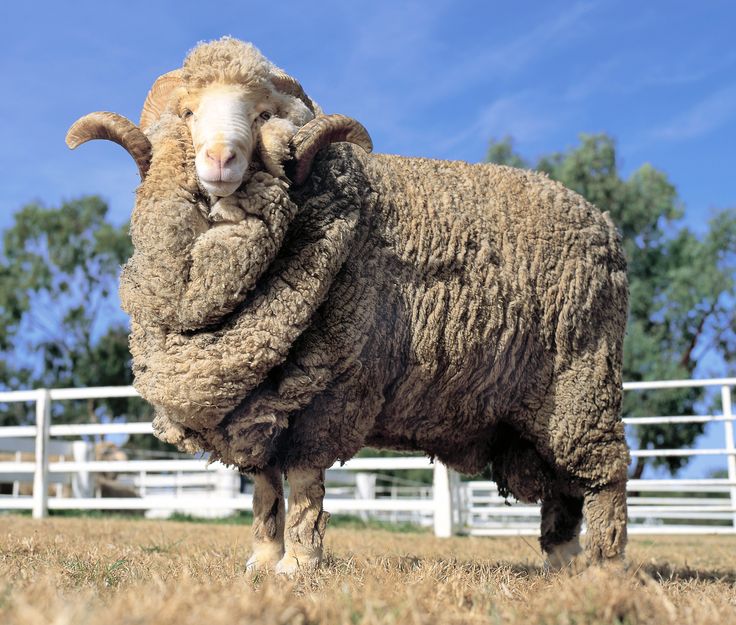
3. Set Up a Suitable Environment
Creating a proper environment for your sheep is essential for their health and productivity. Consider the following elements:
- Shelter: Provide adequate shelter to protect sheep from harsh weather conditions. A well-ventilated barn or shed with clean bedding will keep them comfortable and dry.
- Pasture: Ensure access to quality grazing land. Sheep thrive on diverse forage, so aim for a mix of grasses, legumes, and clovers. Rotational grazing can help maintain pasture health and prevent overgrazing.
- Fencing: Invest in sturdy fencing to keep your sheep safe from predators and prevent them from straying. Electric fencing can be an effective option for controlling grazing areas.
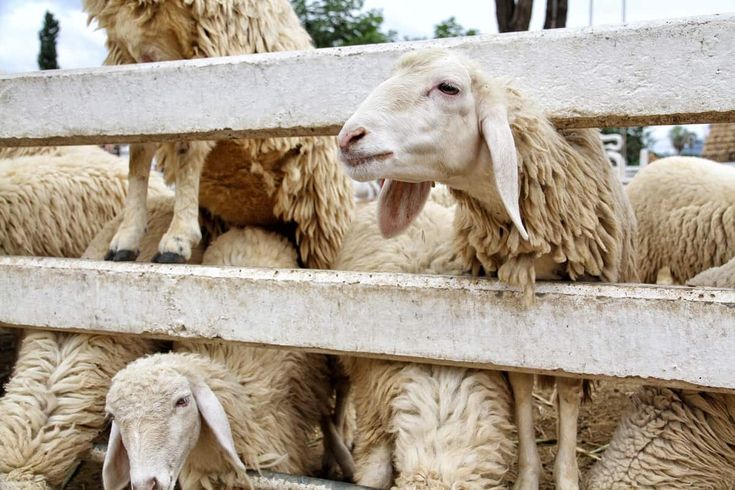
4. Prioritize Nutrition
Proper nutrition is fundamental to the health and productivity of your flock. Provide a balanced diet that meets the specific needs of your sheep:
- Forage: Quality pasture should be the foundation of your flock’s diet. Supplement with hay or silage during winter or dry seasons.
- Grain and concentrates: Introduce grains for energy, especially for pregnant ewes and growing lambs.
- Minerals and vitamins: Provide mineral supplements to ensure sheep receive essential nutrients that may be lacking in their diet.
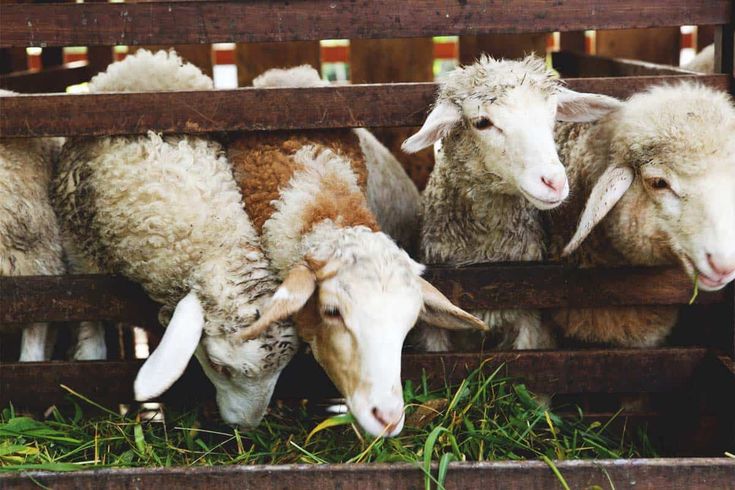
5. Implement Health Management Practices
Maintaining the health of your sheep is crucial for a successful farming operation. Implement the following practices:
- Regular veterinary check-ups: Schedule routine health assessments and vaccinations to prevent diseases.
- Monitoring: Regularly check for signs of illness or distress. Keeping a close eye on body condition scores can help you assess flock health.
- Hygiene: Maintain clean living conditions to reduce the risk of disease. Regularly clean and disinfect feeding areas and equipment.
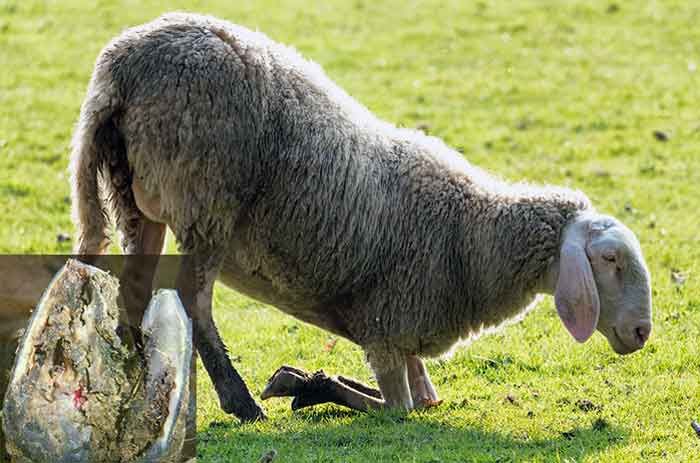
6. Learn About Sheep Behavior
Understanding sheep behavior can improve your management practices and enhance your relationship with your flock. Sheep are social animals that thrive in groups. Some key points to consider:
- Herd dynamics: Ensure your flock has enough members to reduce stress and promote social behavior.
- Handling: Be gentle and calm when handling sheep. Sudden movements can startle them, so use low-stress handling techniques.
- Behavioral signs: Familiarize yourself with common behaviors, such as grazing patterns and vocalizations, to better understand their needs.
7. Keep Records
Maintaining accurate records is vital for effective flock management. Document important information such as:
- Breeding: Keep track of breeding dates, lambing, and lineage to monitor genetic diversity.
- Health: Record veterinary treatments, vaccinations, and health assessments to identify trends and potential issues.
- Production: Document wool yields, lamb weights, and overall productivity to assess the success of your operation.
Conclusion
Starting a sheep farming operation can be a rewarding endeavor when approached with knowledge and preparation. By understanding your goals, choosing the right breed, and implementing sound management practices, you can set a solid foundation for your flock’s health and productivity. As you gain experience, continue to educate yourself about sheep care and farming techniques, and don’t hesitate to seek advice from experienced farmers and agricultural resources. With dedication and attention to detail, you can build a successful and sustainable sheep farming business.

